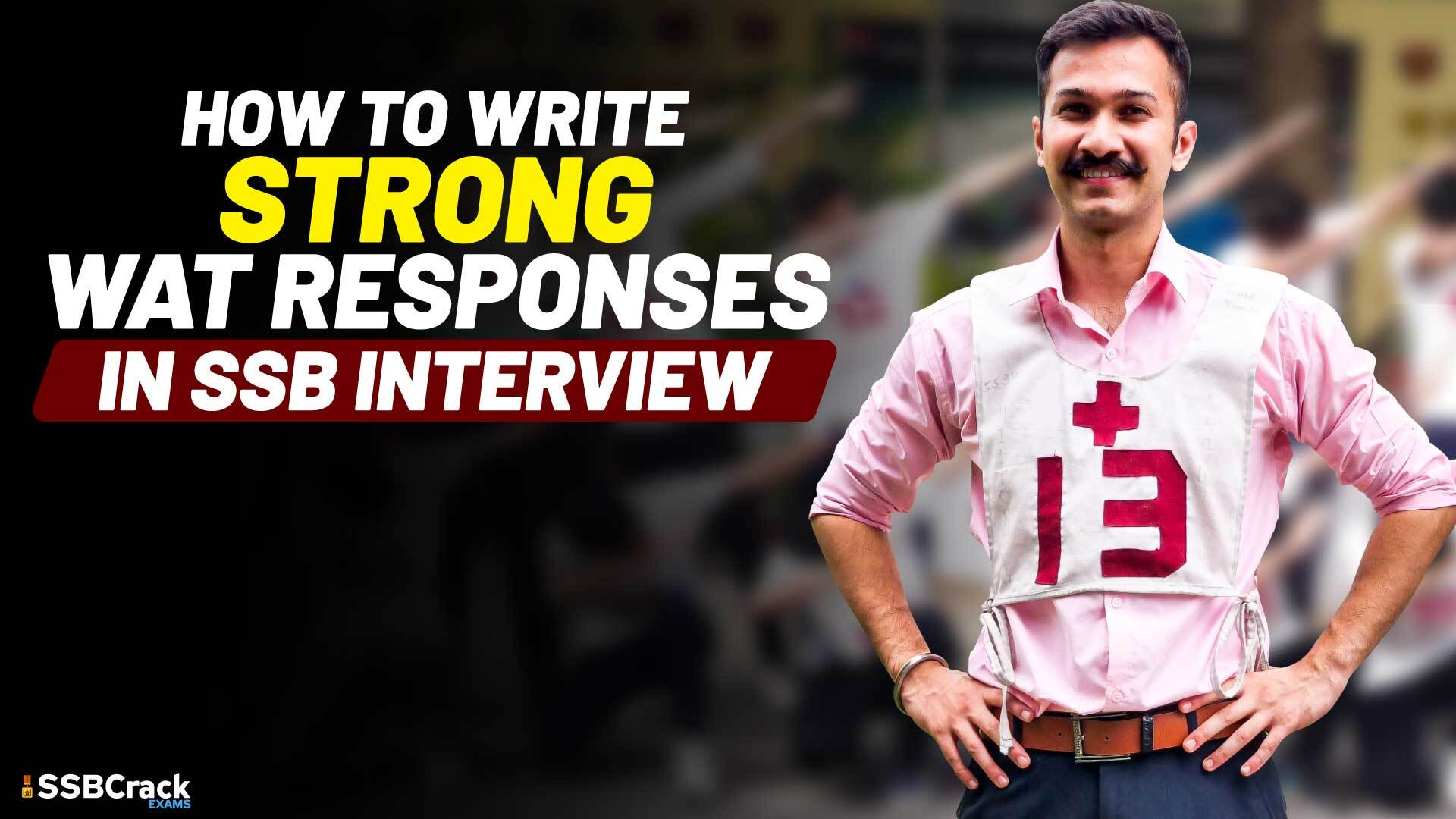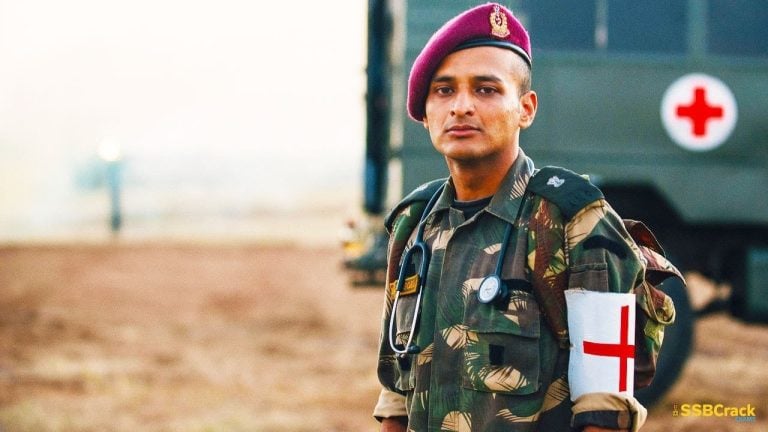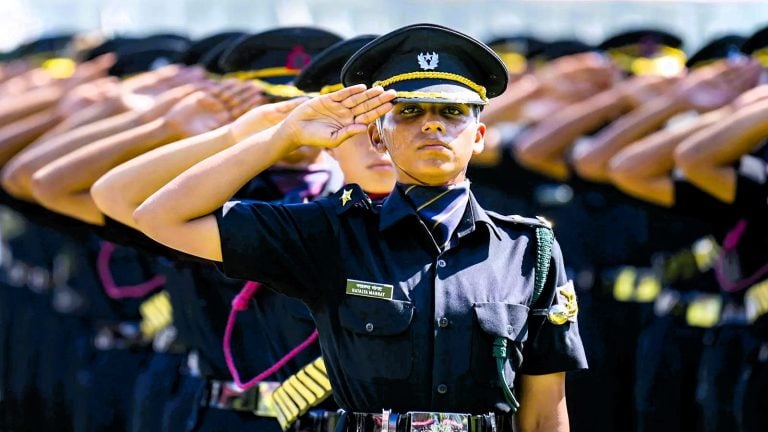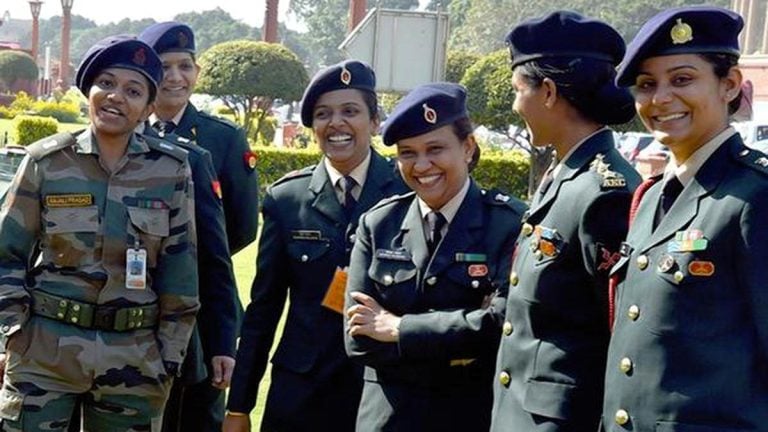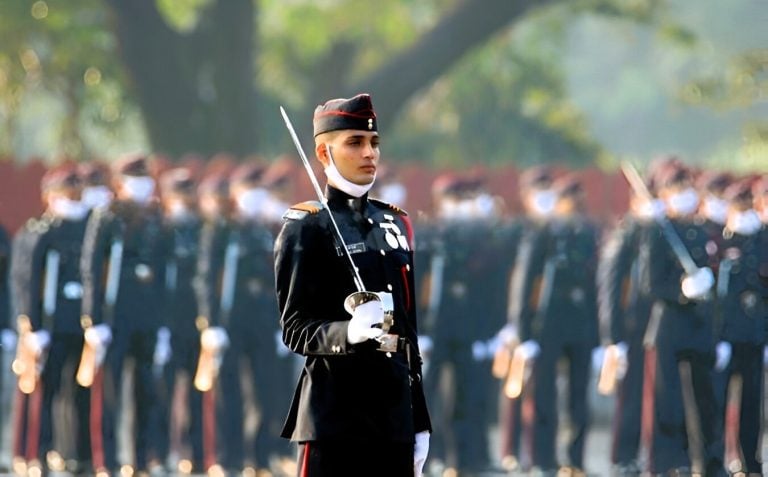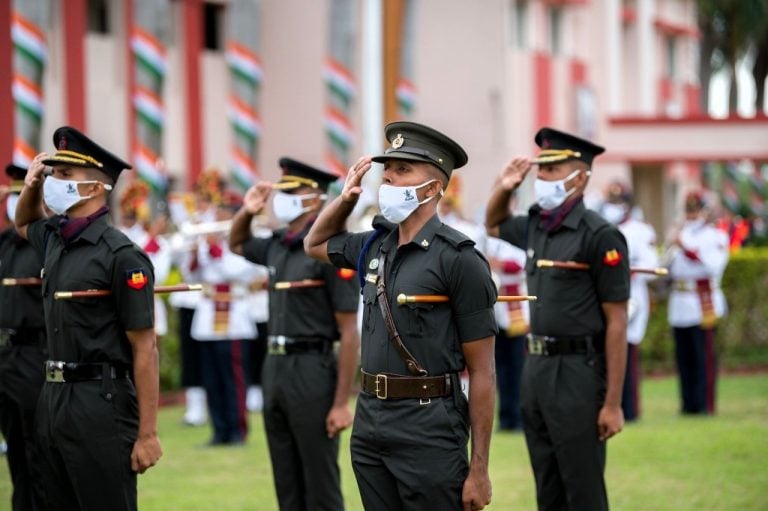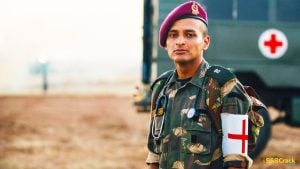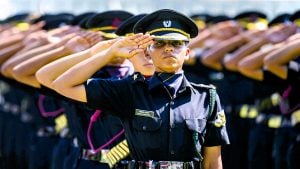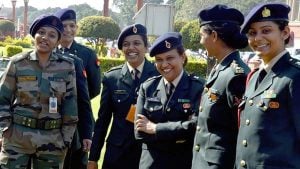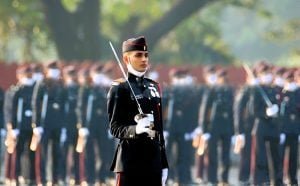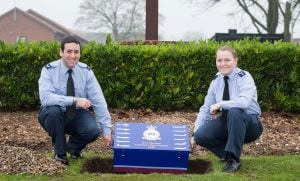Writing strong Word Association Test (WAT) responses in the Service Selection Board (SSB) interview requires a combination of spontaneity, clarity, and alignment with positive officer-like qualities. Here are some tips to help you write strong WAT responses:
- Be Spontaneous:
- WAT is designed to elicit immediate responses. Avoid overthinking or second-guessing your answers. Respond with the first word that comes to mind, as this reflects your instinctive thought process.
- Positive Tone:
- Frame your responses in a positive and constructive manner. Use words that convey optimism, determination, and a proactive mindset. This aligns with the qualities desired in military officers.
- Relevance to Leadership:
- Whenever possible, relate your responses to qualities associated with effective leadership. For example, link words like “challenge” to “opportunity” or “discipline” to “order and efficiency.”
- Consistency:
- Try to maintain consistency in your responses, showcasing a stable and coherent thought process. Consistent responses may indicate clarity of values and thought.
- Avoid Negativity:
- Steer clear of negative or pessimistic words. Choose words that reflect a positive and solution-oriented mindset. Even in response to challenging words, focus on overcoming obstacles and learning from experiences.
- Be Concise:
- Keep your responses concise and to the point. WAT is a rapid-fire test, and assessors are interested in quick, genuine reactions. Avoid unnecessary elaboration.
- Showcase Values:
- Infuse your responses with values such as integrity, commitment, duty, and patriotism. This reinforces your alignment with the core values of the armed forces.
- Adaptability and Resilience:
- Demonstrate adaptability and resilience in your responses, especially to words associated with challenges or setbacks. Use words that convey the ability to bounce back and learn from experiences.
- Consider Context:
- Be mindful of the context and themes associated with military life. Responses that align with the responsibilities and challenges of an officer are likely to be well-received.
- Express Leadership Traits:
- Incorporate words that reflect leadership traits such as decisiveness, responsibility, initiative, and the ability to influence positively. Showcase your potential to lead and inspire others.
- Reflect Emotional Intelligence:
- Some words may evoke emotions. Reflect emotional intelligence in your responses by acknowledging and managing emotions appropriately. This shows a mature and balanced approach.
- Understand Word Variations:
- Be aware of variations of words and their associations. For example, if given the word “challenge,” you might respond with “opportunity” or “resolve” to showcase positive problem-solving skills.
- Avoid Clichés:
- While aiming for positive responses, avoid using clichés or overly used expressions. Aim for authenticity in your answers.
- Practice Active Reading:
- Active reading habits can enhance your vocabulary and help you respond more confidently to a variety of words. Stay informed and engaged in diverse reading materials.
- Prepare for Common Themes:
- Familiarize yourself with common themes in SSB interviews and military life. This can help you anticipate words and prepare appropriate responses.
Remember that the primary goal of WAT is to provide a quick insight into your thought process, values, and suitability for an officer role. Be genuine, positive, and showcase the qualities that align with the expectations of the armed forces.

